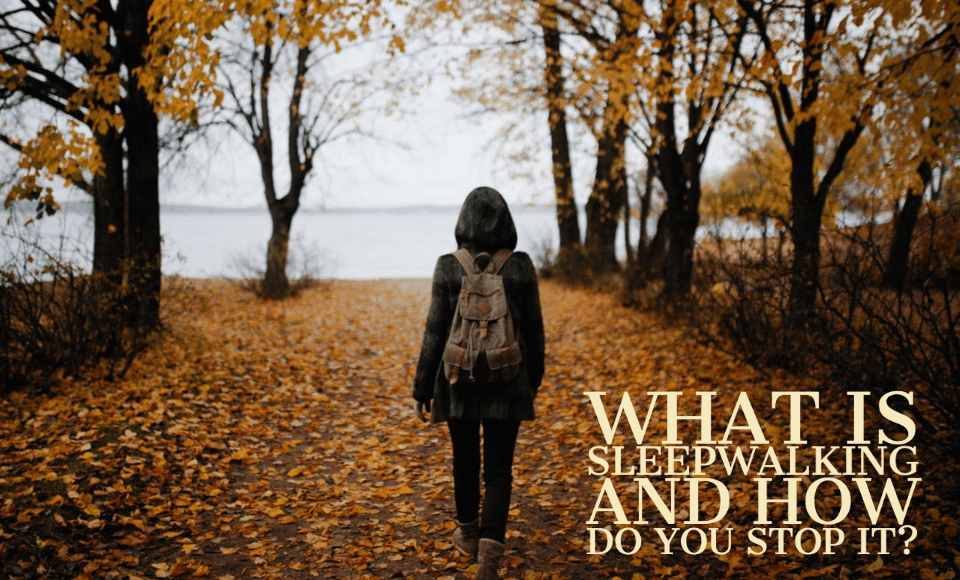Sleepwalking is one of the most bizarre sleeping disorders that are characterized by frequent walking, talking, sitting, and even urinating episodes. Sleepwalking is a phenomenon where the victims are not in utter control of their actions or completely aware of their surroundings. Although sleepwalking may be a rather intriguing and laughable ailment, it can incur serious health concerns and injuries. Moreover, it can be a real issue and disturbance to your friends or immediate family.
Sleepwalking is often prevalent in children, although there are adults with this sleeping ailment. Well, sleepwalking is actually an extensive sleep ailment, but exceedingly few doctors actually treat and cure sleepwalking. Nevertheless, you can still alleviate and reduce your sleepwalking episodes, without the need for medical treatment. How?
• First and foremost, you must elevate the number of hours you spend sleeping on a daily basis. Sleep deprivation is a notorious sleepwalking trigger, and it’s highly advisable for individuals who sleepwalk to set aside 7 to 10 hours of deep sleep.
• Establish a stringent sleeping schedule. Irregular and arduous sleep schedules can result in sleep deprivation and oversleeping, which can prompt an individual to sleepwalk. It’s vital, therefore, to keep and maintain a strict sleep routine, waking up and sleeping at specific times every single day.
• Prior to bedtime, you should engage in calming and subdued activities that endorse the sleeping mood. Avert heightening your nervous system just before bedtime by watching violent or extremely exciting movies. Welcome the relaxation mood by listening to soft, soothing music or by reading a book.
• Exceedingly high fluid intake can induce sleepwalking episodes. Consequently, keep fluids away in the evening, and if you must, then limit your fluid intake.
• Stress exacerbates sleepwalking episodes. As a result, you ought to reduce and manage any stress if you really wish to alleviate and reduce your sleepwalking incidences.
• Keep close track of your sleepwalking incidences, noting the precise time they happen each night. Well, this can be a daunting task if you try it entirely on your own. You can always request a close friend or a family member to keep a record of all your sleepwalking episodes. Consequently, you can set an alarm to wake you up precisely before you start sleepwalking. This tactic is known as ‘anticipatory awakening.’
• Probably your sleepwalking episodes are incurred by underlying medical conditions such as obstructive sleep apnea, restless legs syndrome, gastroesophageal reflux, periodic leg movements, or even seizures. When the above underlying medical issues are treated, then your sleepwalking episodes should subside, and in time, completely disappear.
• If the sleepwalker has risky and quite harmful sleepwalking episodes, then incorporating a prescribed medication is mandatory. This also goes for all sleepwalkers who cause un-intriguing family disruptions at night.
The best sleepwalking alleviation technique is employing mental imagery and relaxation techniques, possibly with the supervision and assistance of a hypnotist or therapist. Relax, establish a stringent sleeping routine, seek treatment, keep close track of your sleepwalking episodes, and rest guaranteed, they’ll become history in no time!
Here is an additional article to help you understand sleepwalking:

